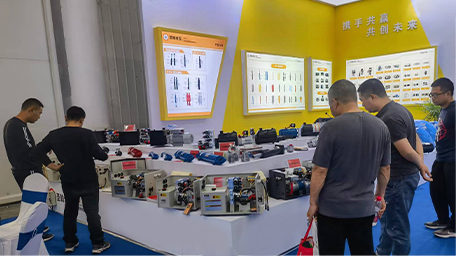9 月 . 22, 2024 20:08 Back to list
extruded silicone gasket
Extruded Silicone Gaskets A Comprehensive Overview
Silicone gaskets are essential components in various industries, providing sealing solutions for a wide range of applications. Among the various forms of silicone gaskets, extruded silicone gaskets stand out due to their unique manufacturing process and versatility. This article delves into the characteristics, benefits, applications, and considerations of extruded silicone gaskets.
Extruded silicone gaskets are produced through an extrusion process, where silicone elastomer is forced through a die to create continuous lengths of gasket material. This method allows for the production of gaskets in various shapes, sizes, and profiles, tailored to meet specific application requirements. The extrusion process not only enhances the efficiency of production but also minimizes waste, making it a cost-effective solution.
One of the primary advantages of extruded silicone gaskets is their excellent temperature resistance. Silicone can withstand a broad range of temperatures, typically from -60°F to 450°F (-51°C to 232°C) or even higher, depending on the formulation. This characteristic makes extruded silicone gaskets ideal for applications in extreme environments, such as automotive, aerospace, food processing, and medical devices.
Moreover, extruded silicone gaskets exhibit remarkable chemical resistance, making them suitable for use in environments where they may come into contact with oils, fuels, and various chemicals
. Unlike many other materials, silicone does not break down when exposed to UV light or ozone, ensuring longevity and reliability in outdoor applications.extruded silicone gasket

The flexibility and compressibility of extruded silicone gaskets allow them to create a tight seal, even under significant pressure or in irregular joint configurations. This feature is crucial in applications requiring precise sealing to prevent leaks, contamination, or the ingress of dust and moisture. The ability to customize the hardness and thickness of extruded silicone gaskets further enhances their efficacy in different sealing scenarios.
Extruded silicone gaskets are also non-toxic and hypoallergenic, making them especially suitable for applications in the food processing industry and the medical field. Their ability to conform to various surfaces without imparting harmful substances makes them a preferred choice in environments where safety and hygiene are paramount.
When selecting an extruded silicone gasket for a particular application, several factors should be considered. These include the required temperature and chemical resistance, the environment in which the gasket will be used, and the specific dimensional requirements. Collaborating with a manufacturer that specializes in custom extrusions can ensure that the final product meets the necessary specifications for optimal performance.
In recent years, advancements in manufacturing technology have further expanded the capabilities of extruded silicone gaskets. Techniques such as co-extrusion allow for the combination of different materials, enhancing properties like adhesion and wear resistance. Additionally, the introduction of silicone with added fillers can improve specific characteristics like conductivity and flame resistance.
In conclusion, extruded silicone gaskets are an indispensable part of modern industrial applications. Their unique manufacturing process, coupled with inherent properties such as temperature tolerance, chemical stability, and flexibility, makes them suitable for a diverse range of uses. As industries continue to evolve and demand more innovative sealing solutions, extruded silicone gaskets will undoubtedly play a pivotal role in ensuring efficiency and reliability.